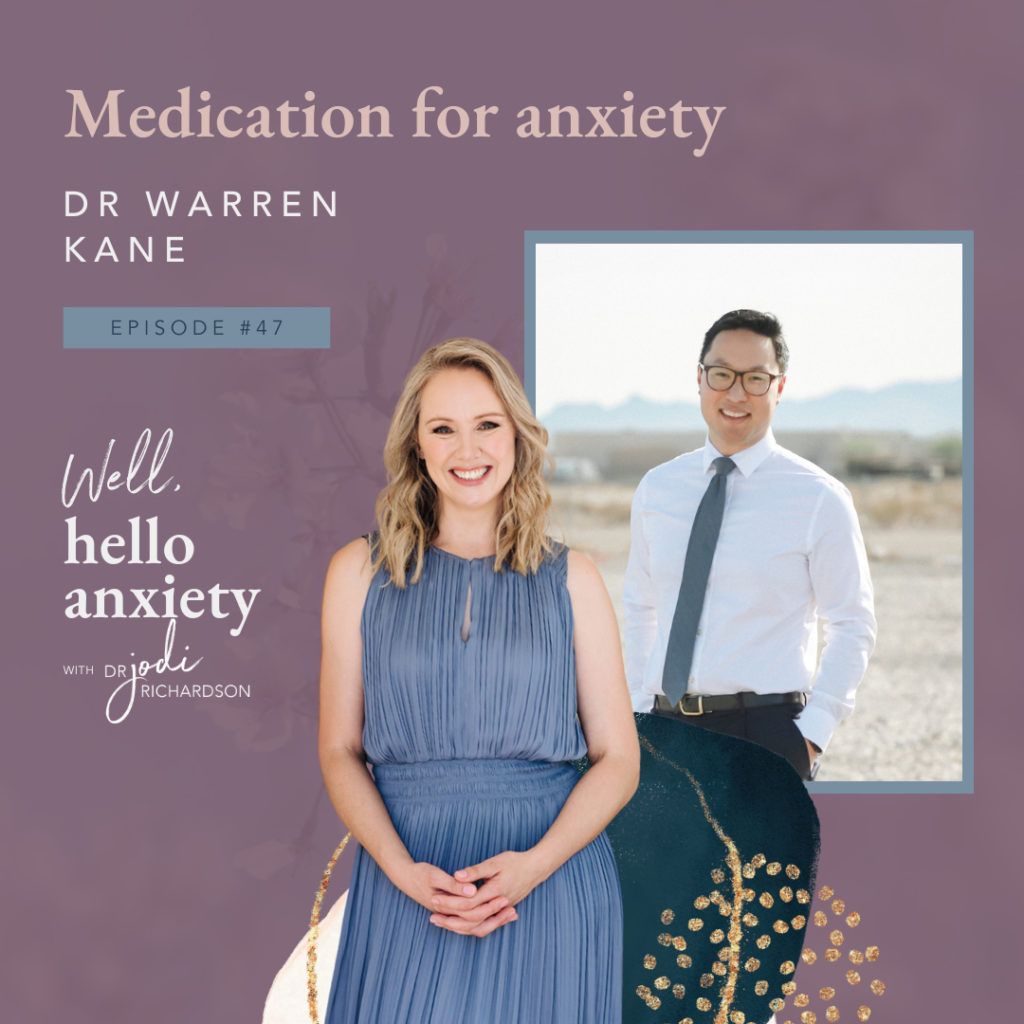
My professional guess is that some of you reading this possibly have experienced depression or anxiety, yet have never ever talked about it with anyone else. That’s ok.
I want you to know that pretty much every single person with depression or anxiety experiences a phase where it feels like we’re totally alone. In this early phase, questions that ricochet inside us include:
- Why am I feeling like this?
- What’s wrong with me for feeling this?
- Should I talk with someone about this?
- How can I find someone to help me with this?
Undiagnosed and untreated, your depression or anxiety might be with you for years before you ever boldly talk about it with another human being.
I’m here to tell you that, far from being alone in this, you’re probably the norm. Know this: it’s extremely common for people exactly like you to worry about if you’re depressed or anxious, and to worry about what help you can get to treat it.
To really impress upon you how completely normal it is to have an undiagnosed disorder, here are two real-life examples. First, my own. Then, one from a man who has been the Chief Happiness Officer at the Happiness Institute in Australia for the past twenty years.
Loving Family, Loving Friends, Still Sad
During my childhood, my parents were absolutely wonderful. At school, I had fantastic friends. And yet, I suffered for approximately twenty years of anxiety before I really had any serious conversations about it with anyone. In fact, my anxiety was only diagnosed after I sought help for depression. My depression was attributed, in part, to years of unrecognised anxiety.
Looking back on that time in my life, there was always a caring support structure around me. But it still took years of bumbling around in the dark, so to speak, for me to start addressing all of the complex emotions I was feeling so that I could be coaxed back to the light.
Don’t Always Assume that Other People Know What You’re Going Through
In a recent episode of my podcast, my guest Dr Tim Sharp talked about how he experienced depression as a kid. Yet at the time, he and his parents didn’t fully understand what he was going through. In a sense, nobody around Tim had the tools to talk adequately about his depression.
Gradually over the years, Tim grew more confident, started to seek out help, and began talking publicly about his experience
In our episode, Tim talked about how he “came out” to his closest friends as someone who experiences depression.
In his own words: “I got a response full of shock and surprise. They said they didn’t know. That was interesting because I thought it was so obvious. How could people not know that I was so distressed and so dysfunctional at times?”
In explaining how this came to be, Tim said: “A lot of us put on this smiley, happy face, this face of courage and resilience, because that’s what people encourage us to do. But it can actually be dangerous in a way because we’re putting on a brave face. [Also, I was] discouraging other people from helping me because I was unconsciously telling them that I was okay, when I wasn’t.”
Tim has never fully gotten over his depression, but he has gone …
From Being Mr Miserable to Being Chief Happiness Officer
For approximately the past twenty years, Tim has been the Chief Happiness Officer at the Happiness Institute in Australia. The organisation provides positive psychology services, coaching, and courses to individuals and organisations, providing them with the tools to be as happy as possible.
Tim recognises, though, that his life isn’t all about happiness, good morale, positive engagement, and satisfaction. As he talked about in our episode, he still sometimes gets down.
“I’m happy some of the time, more often than not,” he told me. “But my depression still raises its ugly head at times.”
Tim, who is also known as Dr Happy, reminds me of how most of us can’t entirely eliminate anxiety or depression from our lives. We’d love to! Oh, wow how we’d love to! But most of us can’t. Instead, we have to face the daily struggle of trying to figure out strategies to mitigate our anxiety and depression. We have to live with it.
Taking Your First Ever Step Toward Treatment
If you’re reading this and you haven’t yet spoken with others about your depression or anxiety, I want you to know that, eventually, it will be in your best interest to do exactly that. It’ll be hard, yes. Yet it’ll be worth it.
With that in mind, I’ll leave you with one more quote from Tim. “[If you’re experiencing] depression or anxiety, sometimes you can just sit there and be with it. And that’s okay. It will pass. But sometimes you want to get on with things despite it.”
If you’re at the stage where you want to get on with your life in spite of your depression or anxiety, I urge you to investigate the various kinds of help that’s available for you.
While at the moment, you might be suffering alone. Please know that you’re actually not alone. There are literally millions of people just like you.
Have You Listened to My Episode With Dr Happy?
I was inspired to write this article based on my “Well, hello anxiety” episode that featured Dr Tim Sharp (aka Dr Happy). You can listen to that episode on Apple Podcast, Google Podcasts, or Spotify.

share the love
[Sassy_Social_Share]

about
Jodi is on a mission to elevate mental health and wellbeing in families, classrooms and workplaces.


free 5-day
Calm your anxious brain
mini course

Recent Posts

free 5-day
Calm your anxious brain
mini course
Sign up for my free 5-day ‘Calm Your Anxious Brain’ email mini-course. Put the strategies into place for yourself, light the way for your kids, or do both.







